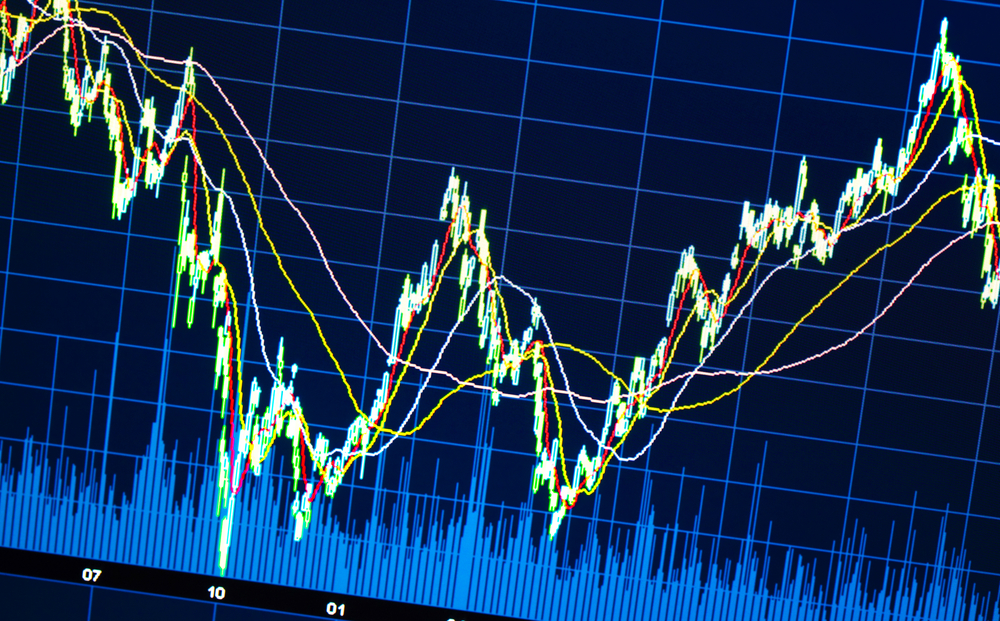With the rise of China becoming the world second largest economy and responsible for 16.1% or $14,172,20 billion in 2019[1], their economy is one of the most important in the world not only for its own population but also for all economies and trading partners – such as Australia.

There are two main stock markets in China, the Shanghai Stock Exchange (SSE) and the Shenzhen Stock Exchange (SZSE).
As the larger of the two Chinese stock markets or exchanges, the Shanghai Stock Exchange was founded in 1990 and has a market
Meanwhile, the Shenzhen Stock Exchange with a market cap of $3trillion as of April 2015 – no shrinking violet by any means – is located in most of the ‘modern cities’, such as that of Shenzhen & Guangdong, is traded by individuals and is comprised largely of smaller more entrepreneurial counties.[2]
There is a third stock exchange, that of the Hong Kong Stock Exchange (HKex), which is being integrated back into China slowly, still operates largely independently due it is size and history as part of the western markets.
In China, there are two types of shares, China A-shares and China B-shares. China A-shares are the stock shares of mainland China-based companies that trade on the two Chinese stock exchanges, the Shanghai Stock Exchange (SSE) and the Shenzhen Stock Exchange (SZSE).[3]
Where China A shares are only quoted in local currency foreign investors typically have difficulty accessing A-shares because of Chinese government regulations and protection measures.
Meanwhile, Chinese B-shares are quoted in foreign currencies and are more widely available to foreign investors. Chinese investors may have difficulty accessing B shares most notably for currency-exchange reasons. Some companies opt to have their stock listed on both the A-shares and B-shares market.[4]
The Chinese stock market is subject to far greater levels of volatility that other global markets, as can be seen by the article published from Bloomberg in the Australian Financial Review on the 13th of March 2019.
“Mainland stocks have gone from the world's worst last year to the best now: the Shanghai Composite Index tops the list of major equity gauges with a 22
As can be seen in under 12 months, the Chinese Stock Market has gone from having its worst recorded falls to its best increases, this sort of volatility can often scare investors, however, offers huge opportunities for those game to expose themselves to these markets.
If you are thinking of investing in the Chinese stock market it is always best to speak first to industry experts rather than go it alone.
[1]http://statisticstimes.com/economy/projected-world-gdp-ranking.php
[2]https://www.thebalance.com/china-stock-market-shanghai-shenzhen-hong-kong-3305480
[3]https://www.investopedia.com/terms/a/a-shares.asp
[4]https://www.investopedia.com/terms/a/a-shares.asp
We welcome you to give our team a call to discuss your investment goals and objectives.
You can call Walker Capital Australia on +61 2 8076 2210, and we’ll see how we can help you achieve your investment goals.
Want to read more great information on Stock Market? Check out Stock Market article: Stock Market
Australian Stock Market
World Stock Markets
US Stock Market
Walker Capital Disclaimer *
Walker Capital Private Wealth Pty Limited (ABN 86 161 363 097) holds an Australian Financial Services Licence (AFSL No. 436859). You should read and consider the relevant Disclosure Document and the issuer's Terms and Conditions before making a decision about whether to purchase any financial products.
Walker Consulting (Australia) Proprietary Limited t/as Walker Capital Australia (ACN: 602952116) is a Corporate Authorised Representative (CAR No. 1250196) of Walker Capital Private Wealth Pty Limited (ACN 161 363 097) (AFSL no. 436859)
© Copyright 2022 Walker Capital – All Right Reserved